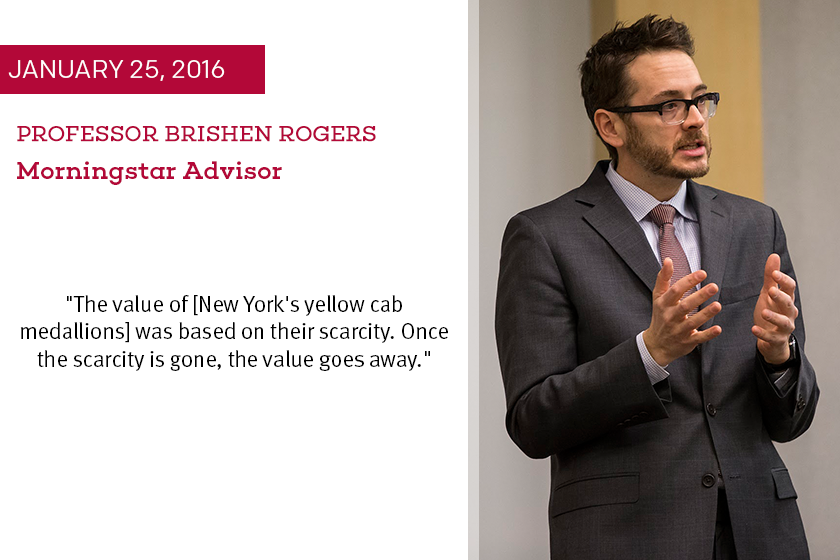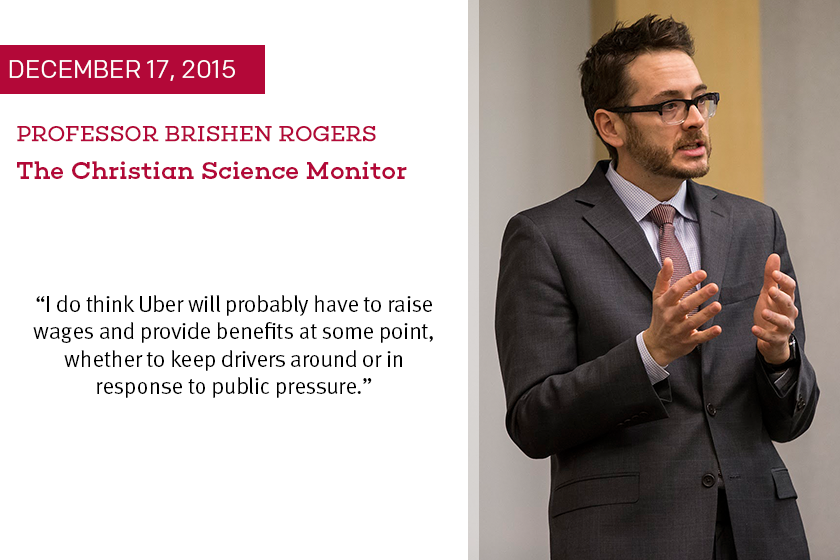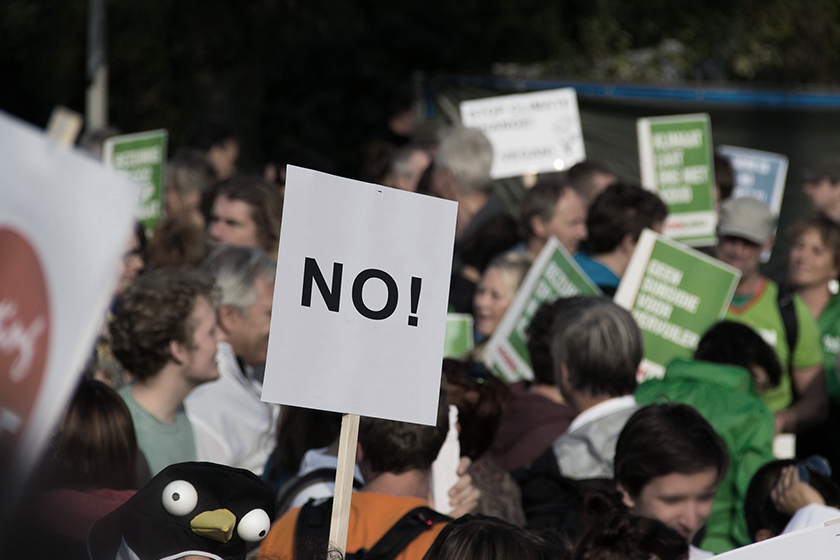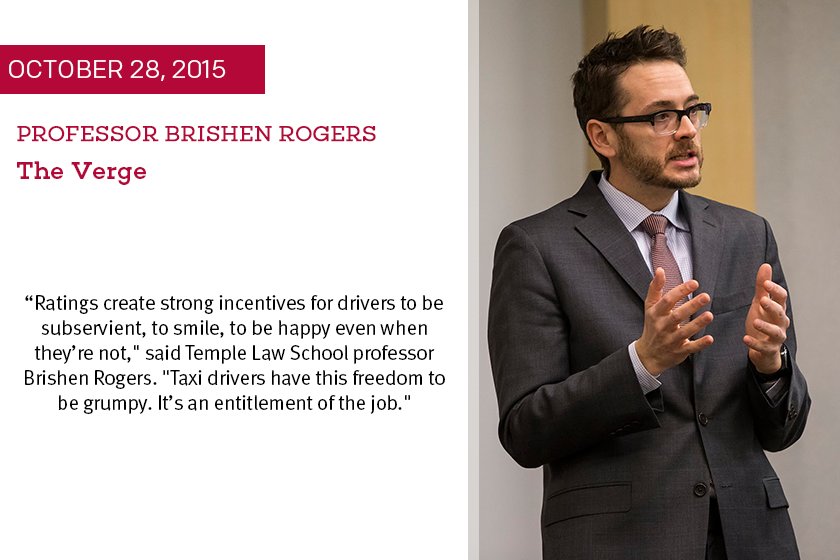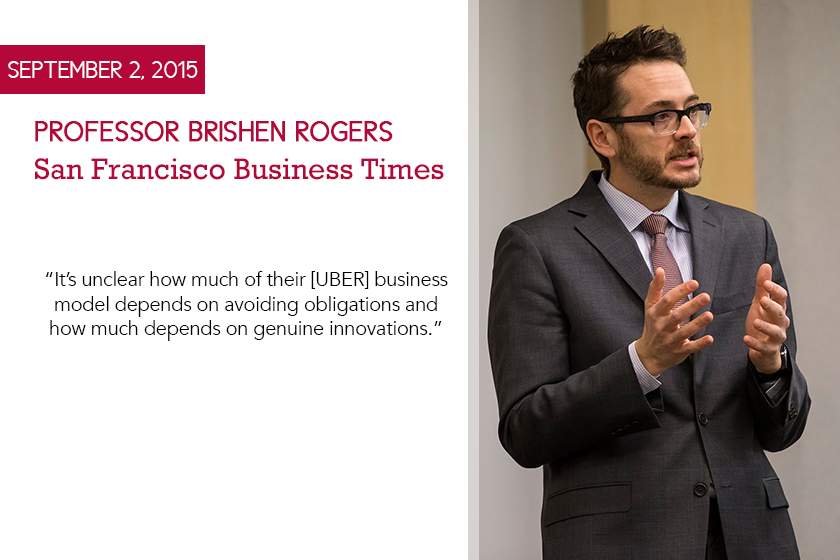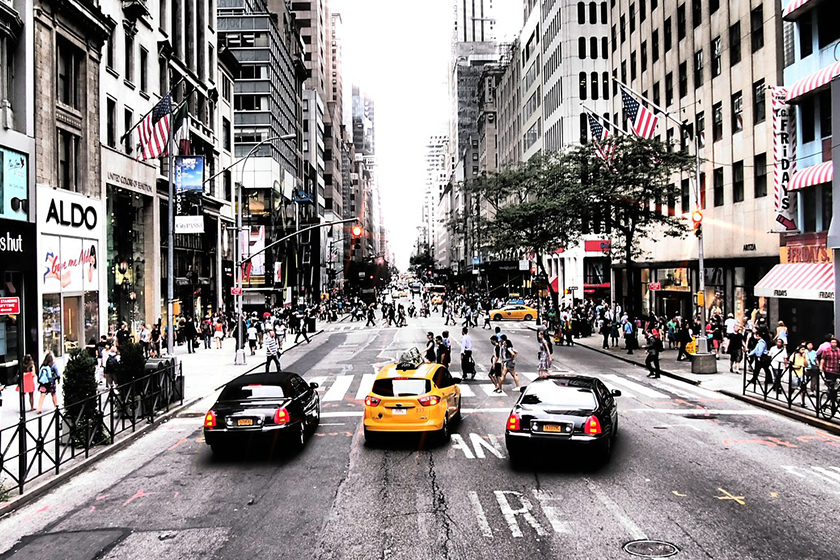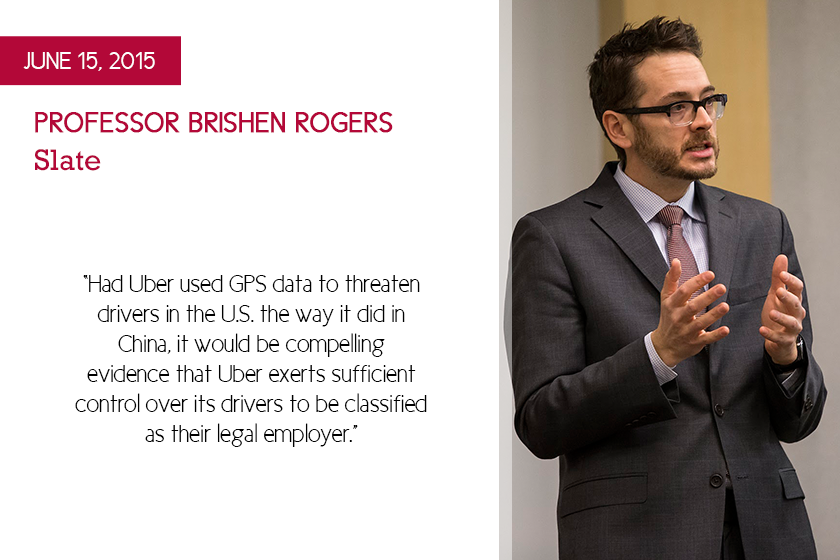America’s inequalities are outrageous – and are suddenly all the rage. Thomas Piketty’s Capital in the Twenty-First Century and various social movements have given us a new language to dissect it: the “99 percent,” “r > g,” the “Fight for $15,” and “Uberization.” Policy professionals are taking note, with the Washington Center for Equitable Growth and various foundations funding research into its causes and consequences. Even Silicon Valley is talking seriously about a universal basic income. This is all to the good. And yet the debate is tepid in an important respect: It largely disregards the relationship between inequality and democratic participation. Granted, many criticize our campaign finance laws for tilting the playing field toward the rich. But the economic policy debate largely revolves around forms of tax-and-transfer. Picketty, for example, ultimately proposes little more than a global wealth tax. A universal basic income, for all its virtues, takes the same form. But aggressive campaign finance reform and a far more progressive tax code – even if politically possible – cannot ensure equality. The reason is …

